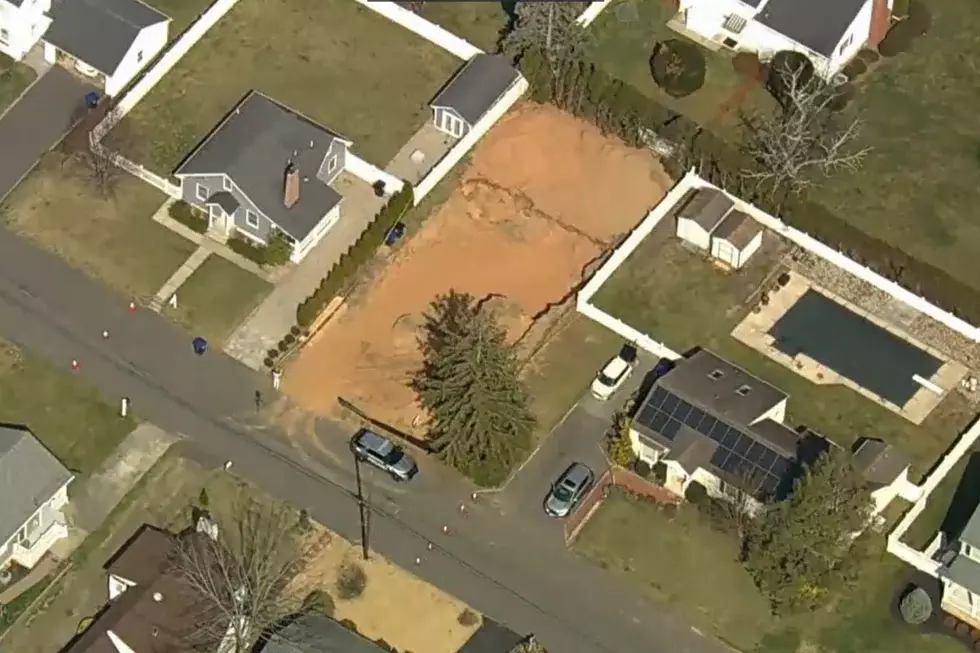![Study: More Teens Involved in Cyberbullying [AUDIO]](http://townsquare.media/site/385/files/2014/06/56113777.jpg?w=980&q=75)
Study: More Teens Involved in Cyberbullying [AUDIO]
The latest McAfee Teens and the Screen study: Exploring Online Privacy, Social Networking and Cyberbullying finds a dramatic increase in the percentage of young people who are involved in giving someone a hard time online.
The survey finds 87 percent of teens have witnessed cyberbullying this year - a huge jump from the 27 percent that witnessed it last year.
"This is a growing problem, the more kids that are connected online, the more they understand how they can hurt and abuse others, the more they take advantage of it," said Robert Siciliano, McAfee's online security expert.
Siciliano said many kids don't really understand the repercussions of what they say and how they say it, and the effect it will have on others.
"It boils down to a complete disconnect between in-person communications versus communicating virtually, because when you're online you can't see body language, you can't see facial expressions, eye contact, you can't get a sense of how a person is reacting to the words that you use," he said.
Siciliano said when kids communicate this way "they will say things in reaction to other things that are being said, and before you know it you have this mean, hateful conversation going on back and forth, that in the real world, face to face, probably wouldn't take place at all."
The survey also found many kids are sharing information that could get them in trouble.
"Fifty percent of teens post their email addresses online; 30 percent have posted their phone number of their family's phone numbers and almost 15 percent have posted their physical address, their home addresses on the web," he said. "This personal information could be used to hunt them down, send them unsolicited emails, text messages and so forth. Anybody who accesses this data on the wild, wild web, posing as anyone, can con those youth."
Additionally, the survey found about one in three kids feel more accepted on social media than they do in real life.
Siciliano said to minimize the chance of cyberbullying, parents need to touch base with their kids and talk about the risks of making online connections. Parents should also tell children that what they say can hurt others, so they need to be sensitive about how they carry on a dialogue.
"It's important for parents to understand the technology that their kids are using so they can always be on top of their communications - and they should check on their children's accounts to see what's going on," Siciliano said.
He added if a child is being cyberbullied, "first and foremost, they should report it to their parents, who may then contact school officials or law enforcement or the parents of the kids who are doing the bullying."
More From New Jersey 101.5 FM









